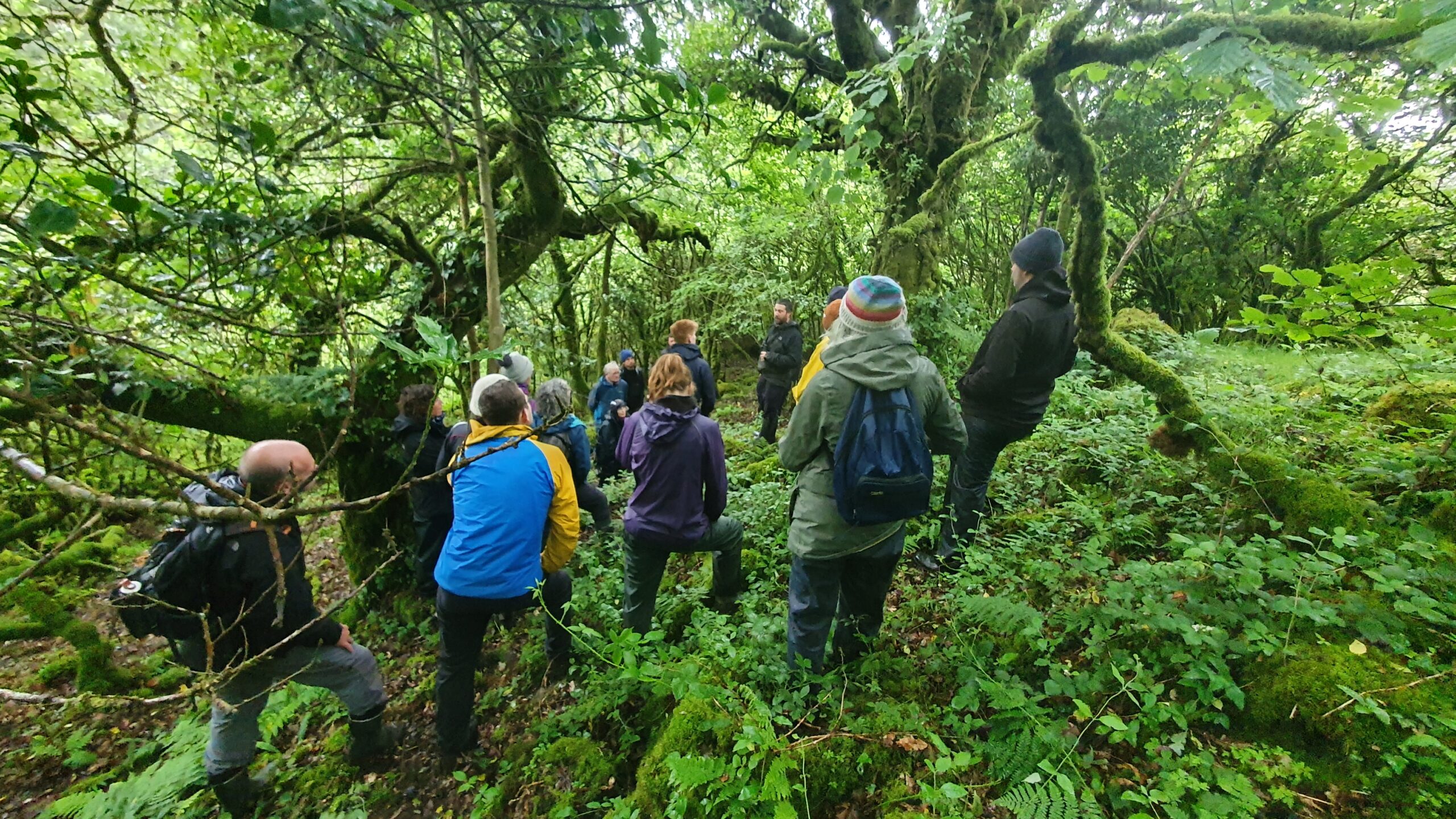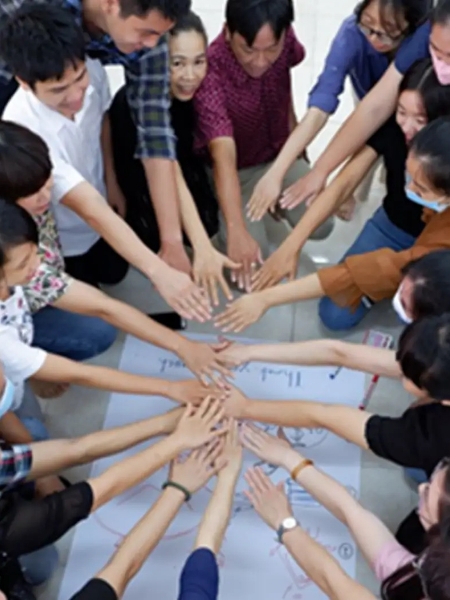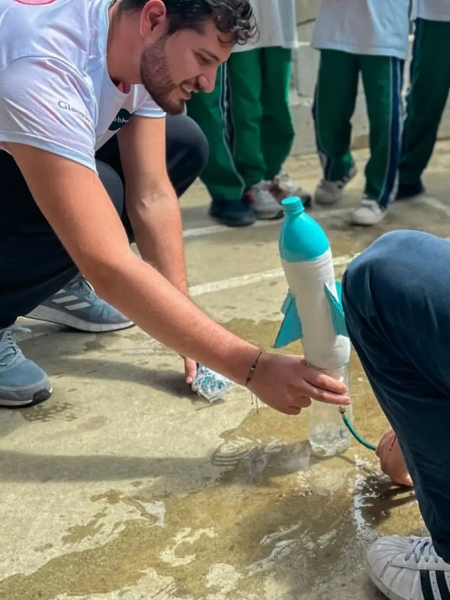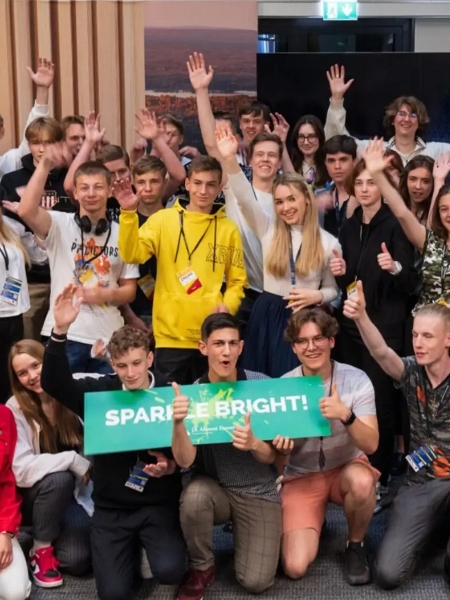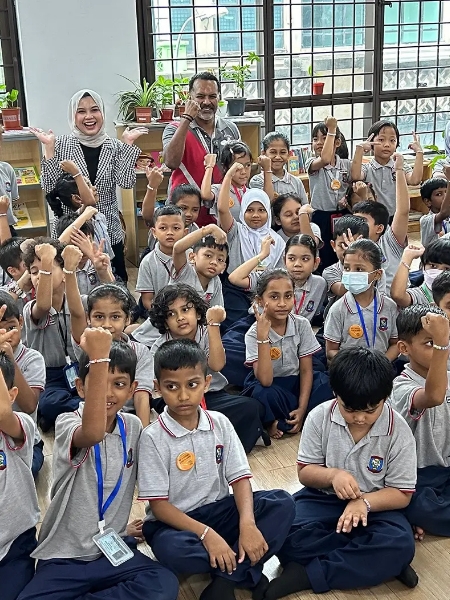Hometree
Think Human Fund
Mission & History
Hometree Ireland was founded in 2015 by environmental enthusiasts and activists who recognized the urgent need for increased tree planting and habitat restoration in Ireland. The organization began with small-scale projects and has since expanded to larger reforestation initiatives, collaborating with local communities, schools, and businesses.
Hometree is a nature restoration charity based in the west of Ireland, dedicated to establishing and restoring resilient habitats with a focus on native temperate rainforests. The organization’s approach integrates community involvement, cultural engagement, scientific expertise, and natural systems. Through afforestation, conservation, restoration, and education, Hometree aims to nourish the landscape and foster new ways for communities to connect with nature through its values of:
-Pioneering: Leading in nature restoration with innovative methods, adapting strategies to address emerging challenges.
-Pragmatic: Applying practical, science-led solutions, and collaborating to achieve positive impacts for people and nature.
– Nurturing: Fostering inclusivity and empathy, recognizing the interconnectedness between people and nature, and promoting stewardship of ecosystems and communities.
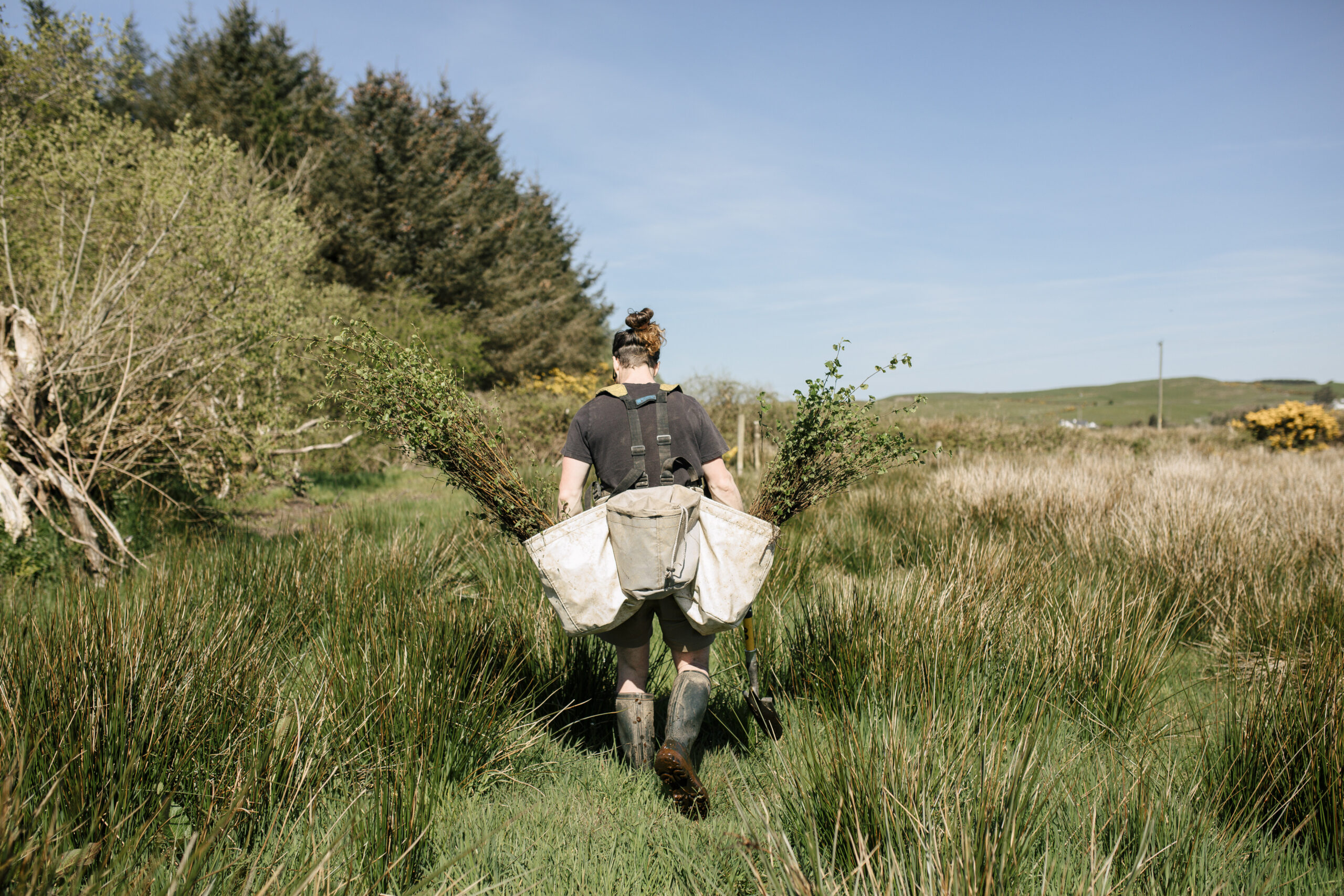
Country Information
Ireland’s broadleaf forest cover is limited, covering only 2.42% of the land area, with true native woodlands potentially as low as 1.5%. Expanding native woodlands could significantly enhance carbon storage and support rich biodiversity. Despite efforts, national tree planting targets face challenges such as licensing delays, environmental court challenges, and disease concerns. In 2022, only 2,000 hectares of forest were planted out of a targeted 8,000 hectares. Hometree operates across various locations in Ireland and owns land in five counties, focusing on specific communities while remaining open to collaboration across the island.
The Need
Current forestry policies are complex and often unappealing to farmers, who face significant challenges such as financial struggles, community breakdown, and lack of support. Historical issues with revenue loss from diseases and licensing problems have further strained the sector. Hometree’s approach aims to address these challenges by strengthening communities, enhancing biodiversity knowledge, generating income for landowners, and providing renewed hope for marginalized communities. There is strong interest within farming communities for guidance on land management, which state bodies have not adequately addressed. Hometree is well-positioned to fill this gap.
The Project We Fund
Hometree will provide in-person support to farmers, landowners, and community groups to enhance climate resilience through native trees and woodlands. The project includes:
– Landowner Contact Point: Establishing a dedicated contact point for forestry advice, hiring qualified staff to manage inquiries.
– On-Site Support and Farm Plans: Offering visits to 12 landowners or community groups for tailored advice and follow-up farm-forest plans.
– Community Walks: Hosting regional farm forest walks with local farmers to showcase forestry, promote schemes, and build community networks.
– Scalable Methodology: Developing a methodology for integrating trees into less productive farms to enhance climate resilience.
– Informative Web Portal: Creating a section on the Hometree website for afforestation information, offering educational resources.
– Community Webinars: Hosting quarterly webinars on afforestation and state schemes, recorded and stored for ongoing reference.
– Dissemination and Communication: Promoting the project through targeted PR and social media.
– Oversight: Ensuring robust project administration and management.
The Result
To measure success, Hometree will track:
– Tree and Woodland Metrics: Number of trees planted, areas designated for woodland regeneration, and future acreage allocated for native woodlands.
– Support and Planning: Number of landowners supported and farm plans developed.
– Event Participation: Attendance at project events, including advice sessions and meetings.
– Participant Feedback: Feedback from key events to assess learning outcomes and impacts.
– Website Analytics: Visits to the new website section, including time spent and unique visitors.
– Media Reach: Success of media efforts in terms of reach and awareness.
– Case Studies: Documentation of behavioral or practice changes resulting from the project.

